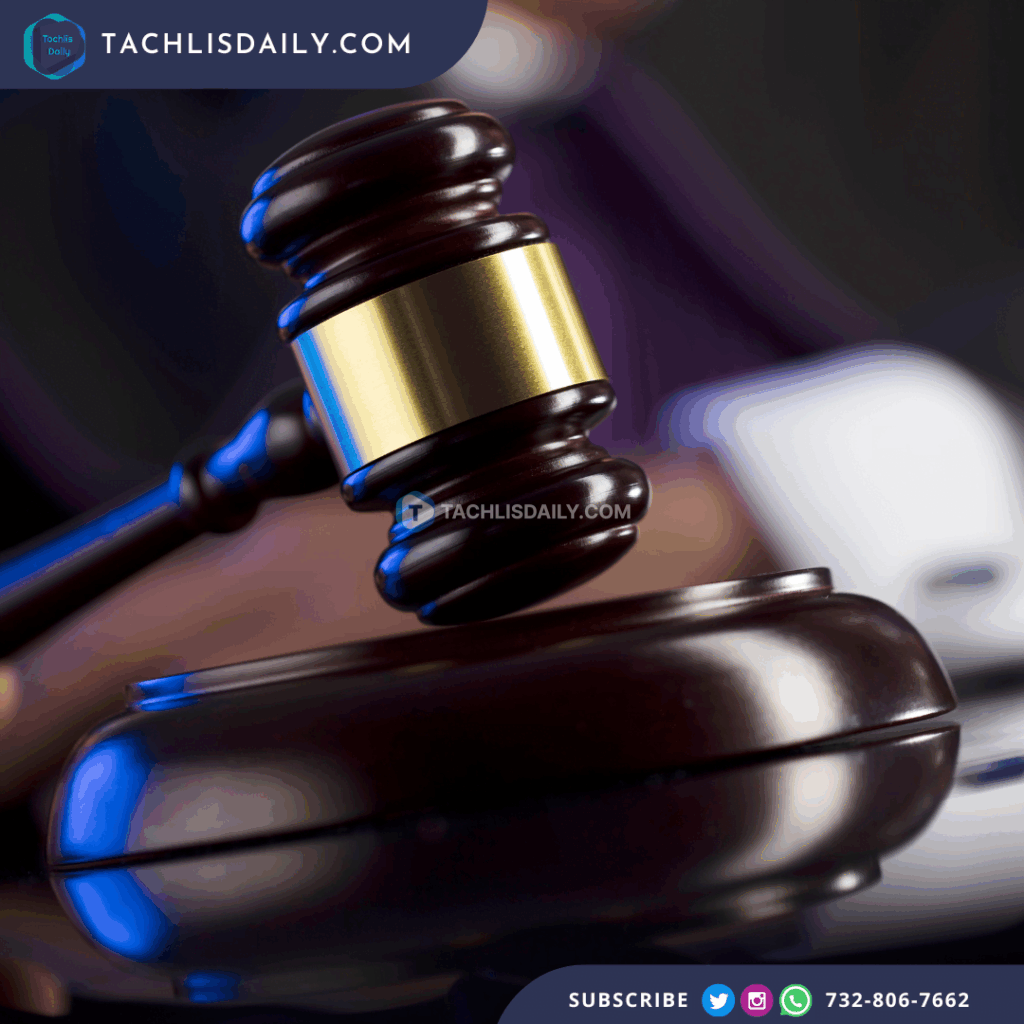President Donald Trump’s administration has announced sweeping sanctions on four judges at the International Criminal Court (ICC), escalating tensions over the court’s arrest warrant targeting Israeli Prime Minister Benjamin Netanyahu and past investigations involving American troops.
The sanctioned judges—Solomy Balungi Bossa of Uganda, Luz del Carmen Ibanez Carranza of Peru, Reine Adelaide Sophie Alapini Gansou of Benin, and Beti Hohler of Slovenia—face restrictions that complicate financial transactions globally. The decision marks a historic move by Washington and underscores the administration’s commitment to shielding U.S. personnel and key allies from what it deems politically motivated international prosecutions.
Secretary of State Marco Rubio announced the measures, criticizing the court for pursuing what he called “illegitimate and baseless actions” against both the United States and Israel. Rubio cited the judges’ rulings in favor of opening investigations into U.S. conduct in Afghanistan and authorizing arrest warrants for Netanyahu and Israel’s former defense chief, Yoav Gallant, over alleged war crimes during the Gaza conflict.
The ICC issued a strong rebuke, warning that the sanctions strike at the heart of judicial independence. According to the court, the move undermines a global institution meant to deliver justice to victims of atrocities. The targeted judges previously played a role in decisions that allowed investigations into American military conduct and more recently approved the controversial arrest warrants against Israeli officials and a Hamas commander.
These sanctions follow earlier measures imposed by the Trump administration in 2020 against the ICC’s former prosecutor and signal a growing rift between Washington and the court. In January, the U.S. House of Representatives also voted to impose punitive actions against the ICC in response to its warrant for Netanyahu, reflecting widespread support within the Republican Party for Israel’s leadership.
Human rights organizations expressed alarm over the development. Liz Evenson of Human Rights Watch described the actions as a direct attack on the rule of law and judicial integrity. Experts noted that U.S.-led sanctions can significantly hinder an individual’s access to banking services, travel, and daily commerce, particularly when tied to the dollar-based global financial system.
The U.S. Treasury Department issued a temporary license allowing for the winding down of any financial transactions involving the sanctioned individuals through July 8, provided funds are held in blocked, interest-bearing accounts within the United States.
The sanctions arrive during a volatile period for the ICC. Its current prosecutor, Karim Khan, recently stepped aside amid a separate United Nations investigation into personal misconduct. Meanwhile, the court continues to oversee high-profile investigations into global conflicts, including cases in Ukraine, Sudan, Myanmar, Venezuela, and Afghanistan.












